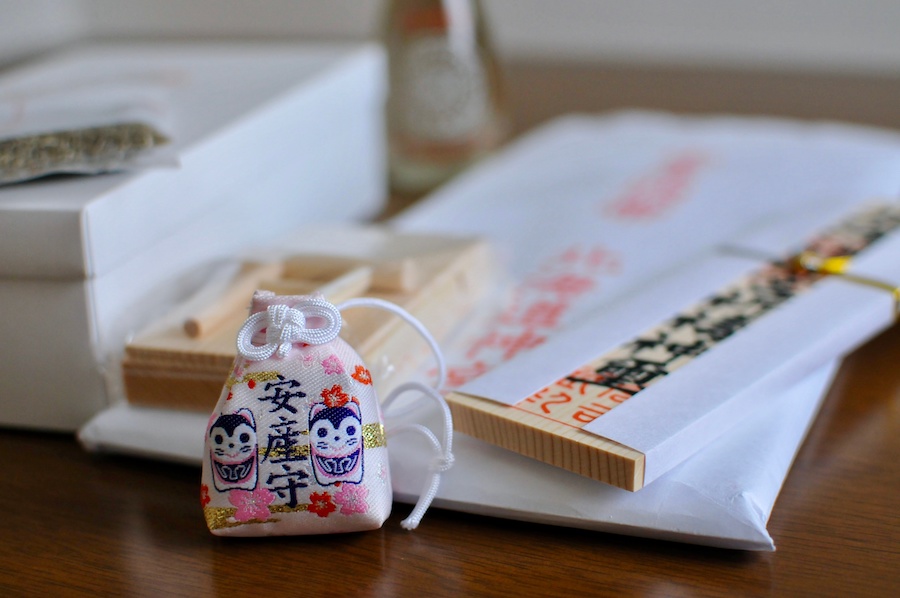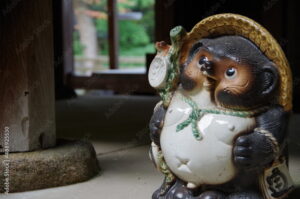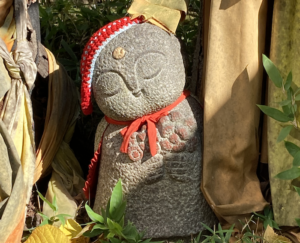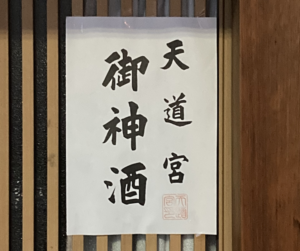- How long can you keep good luck charms that you got from shrines and temples in Japan or as souvenirs?
- Do they have an expiration date?
- Is there a specific way to dispose of them?
- Will something bad happen if I dispose of it the wrong way?
Since Japanese good luck charms have religious connotations, you may have some concerns later on. Here are some basic information on how to handle them.
Do not worry, no bad things will happen if you dispose of them in different ways.
Expiration date of items you got from shrines / temples

Generally speaking, Omamori ( lucky charms ) gotten at shrines / temples in Japan are said to be valid for one year. Therefore, new ones are purchased and exchanged for old ones every year when people pay a visit to shrines / temples, such as on Hatsumode (New Year’s visit). Strictly speaking, however, there is no expiration date on the efficacy of Omamori and votive talismans.
There are several theories as to why it is said to be effective for one year.
- In the Kamakura period (1185-1333), messengers of the Ise Jingu Shrine distributed the talismans throughout the country over the course of a year, collecting the old ones and replacing them with new ones.
- The New Year’s cycle of welcoming the New Year’s deity, who brings a bountiful harvest and happiness, into one’s home and then visiting shrines to pray for good health and happiness in the coming year, and receiving good luck charms, has become a common practice.
- Many of the amulets and talismans are prayers for peace and safety during the year.
- To renew their aspirations and resolutions once a year.
In any case, there is no clear reason why they will lose their efficacy after one year.
Although you may find threatening explanations on many Japanese websites, such as that holding on to them for too long will cause them to accumulate impurities or attract bad things, please rest assured that this is not the case.
How to dispose of old or unwanted good luck charms
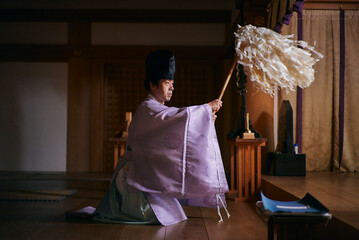
Return it to the temple or shrine after one year.
Basically, you should return it to the shrine or temple where it was given to you. If you cannot go to the temple or shrine where you got it, you can mail it or return it to another temple or shrine.
In Japan, amulets are not a commodity to be purchased. A good-luck charm is meant to share the power of Buddha or Kami(Deity) and to protect you. When you receive a new amulet, you return the old one that has protected you.
When your wish is granted, you return it
For example, when praying for a child, for safe delivery, for healing from illness, or for passing an entrance examination, Omamori (lucky charms) is returned after the baby is born, after leaving the hospital, or after taking an entrance examination. Reporting and thanking the deity or Buddha for the fulfillment of your wish and return the amulet.
You may keep it for a long time.
There is no expiration date on the validity of the item, so you may keep it until your wish is granted or as a memento
How to dispose of them if you cannot return them
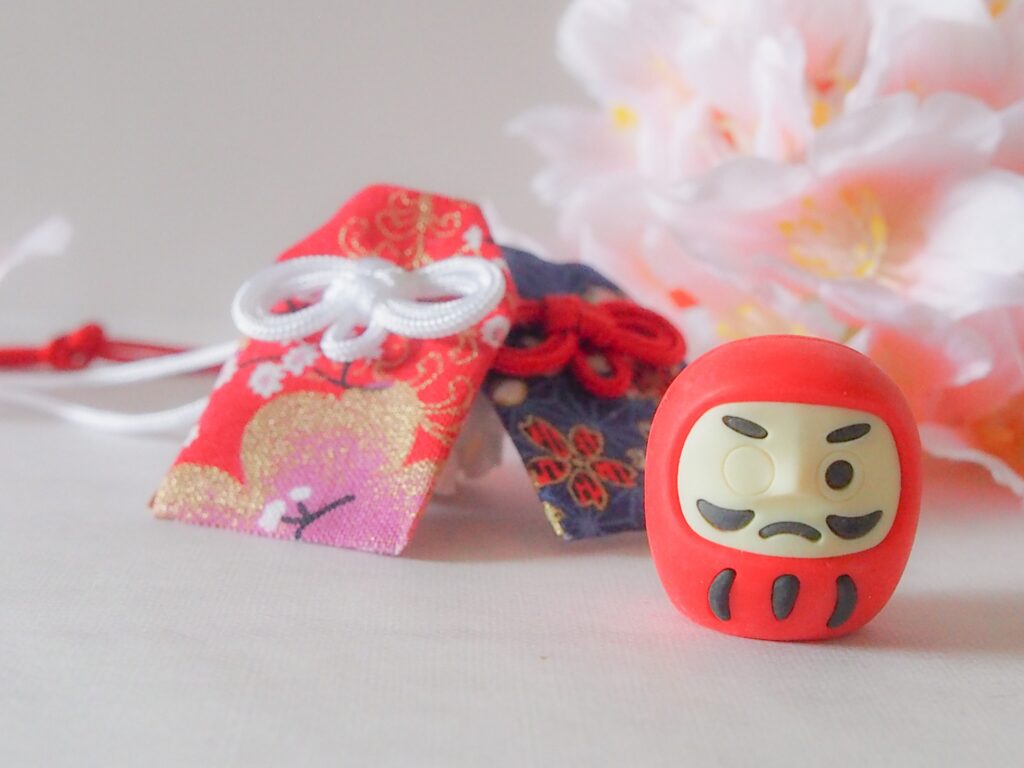
How to dispose of lucky charms respectfully
Thank the omamori( lucky charms), sprinkle a little salt on it to purify it, wrap it in white paper, and dispose of it as household trash (burnable trash).
How to dispose of lucky charms if you don’t feel they have religious significance
Dispose of lucky charms as household trash (burnable trash).
Temples and shrines are religious institutions. Japanese lucky charms have significance and meaning because of religious beliefs, and if there are no religious beliefs, they are nothing more than items. If they are no longer needed, they are simply disposed of.
How to dispose of Gosuin (red seals)
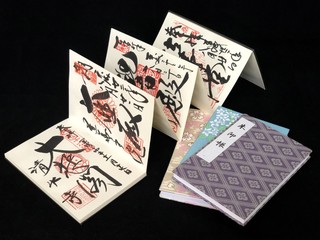
Gosuin (red seal) is a “proof of visit” to a shrine or temple. It has neither expiration nor validity.
Goshuin-cho (red seal book) is a kind of notebook or file to keep a record of visits to temples or shrines. It does not have any meaning in itself.
As a “proof of visitation,” you can keep it for as long as you like, and dispose of it as you like.

Japanese gods and Buddha do not have a doctrine of punishment for human beings. (except for some religions) Please feel free to keep it with you and dispose of it when you no longer need it.
As a Japanese, I would be happy if your good luck charm could be treated with respect to Kami or Buddha. However, since faith is involved, there is no problem treating it as just a good luck item. It is enough that you have looked into how to dispose of your omamori. Thank you!
👉Feel free to contact us if you have any questions.

